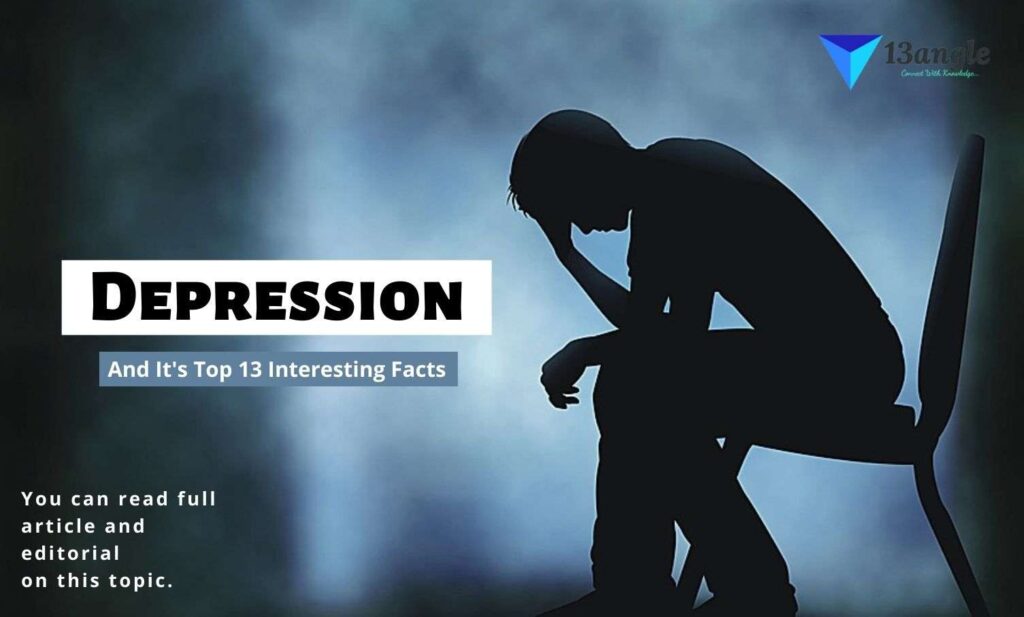It is no surprise that the number of people committing suicide has been increasing since the decline in the 1990s. Even more so, the common and general anxiety between teenagers currently, used to be termed as severe anxiety and was treated in mental hospitals in previous generations. So what is it that caused so much of an increase in depression amongst youngsters?
While there is not one single answer to this question, experts state that adolescents and teens today face much more pressure at home and school than they used to. They worry about financial issues for their family, the pressure of getting into a good university, etc, this leads to substance abuse which causes depression. “This is a very dangerous time for our teens, we’re seeing more depression and anxiety in our children today than ever before,” says Kathy Harms, a psychologist at Kansas City’s Crittenton Children’s Center.
There is more stress in the current generation. Stress triggers depression, therefore those who are already more vulnerable to such mental illness will show some symptoms of depression during adolescence. So does this mean that today’s teens are unprepared for the challenges of life? Some experts state that we have raised teenagers to have unrealistic expectations. Along with social media stating that we should always feel positive and good. Hence, when teens feel down or blue, they get overwhelmed by the thought that their life is not in their control and what they feel is abnormal and wrong. This constant worry, pressure, and feeling of being overwhelmed can lead to depression. They say that parents have taught their kids to live in survival mode. This may be mistaken by the kids, making them believe that life and their surrounding environment are chaotic and they must constantly be on the lookout.
Adolescent depression is a very recent diagnosis. Professionals used to be reluctant to diagnose the youth with a mood disorder as they believed that the brain is still developing and that moodiness is very normal during adolescent years.
Another reason which may be affecting the increase in depression is the fact that teenagers nowadays are hyper-connected. More and more teenagers look for social support and social comparison on the internet via their smartphones. Experts have stated that the rise in depression may be connected to the social media trends among youngsters. For example, they have come to measure their self-worth by the likes, comments, and follows they get. They compare their bodies to new beauty standards and may feel abnormal about how they look, act, and like.
The fact that today’s teenagers know well about terrorism, may be a contributing factor. They may constantly feel unsafe and they now live with violence in their lives.
Sleep deprivation and unusual sleep patterns such as insomnia and hypersomnia are the primary symptoms of major depressive disorder. Teens nowadays are notoriously sleep-deprived, only getting about 6-7 hours of sleep a day. Although the required amount of sleep is 8.5-9.5 hours of sleep. Poor sleep is related to health, cognitive, and psychological impairment. Our modern lifestyles emphasize our hectic day-to-day lives. With the go-go mentality, human connection and face-to-face interactions have gone down. This may also be a contributing factor to increasing depression. Before technology became a prevalent part of our lives, kids used to participate in unstructured play, daily exercise and used to eat less processed foods. Those times are now fading. Kids nowadays have complained that they feel rushed to do things and pressured to be successful in life. Another significantly contributing factor is that kids do not feel as though they are in a trustable environment. Parents have failed to create a trustable bond with their children. This makes them feel prohibited to express their feelings and be open about their problems. Without guidance from an elderly person, they will feel burdened and alone. This may lead to depression. Communication is key in relationships.
As you can tell, there is no one answer to the question above. Suffering from a mental illness can be very difficult for adolescents, engage in more conversations about their feelings and life, and screen them for major depressive disorder.






